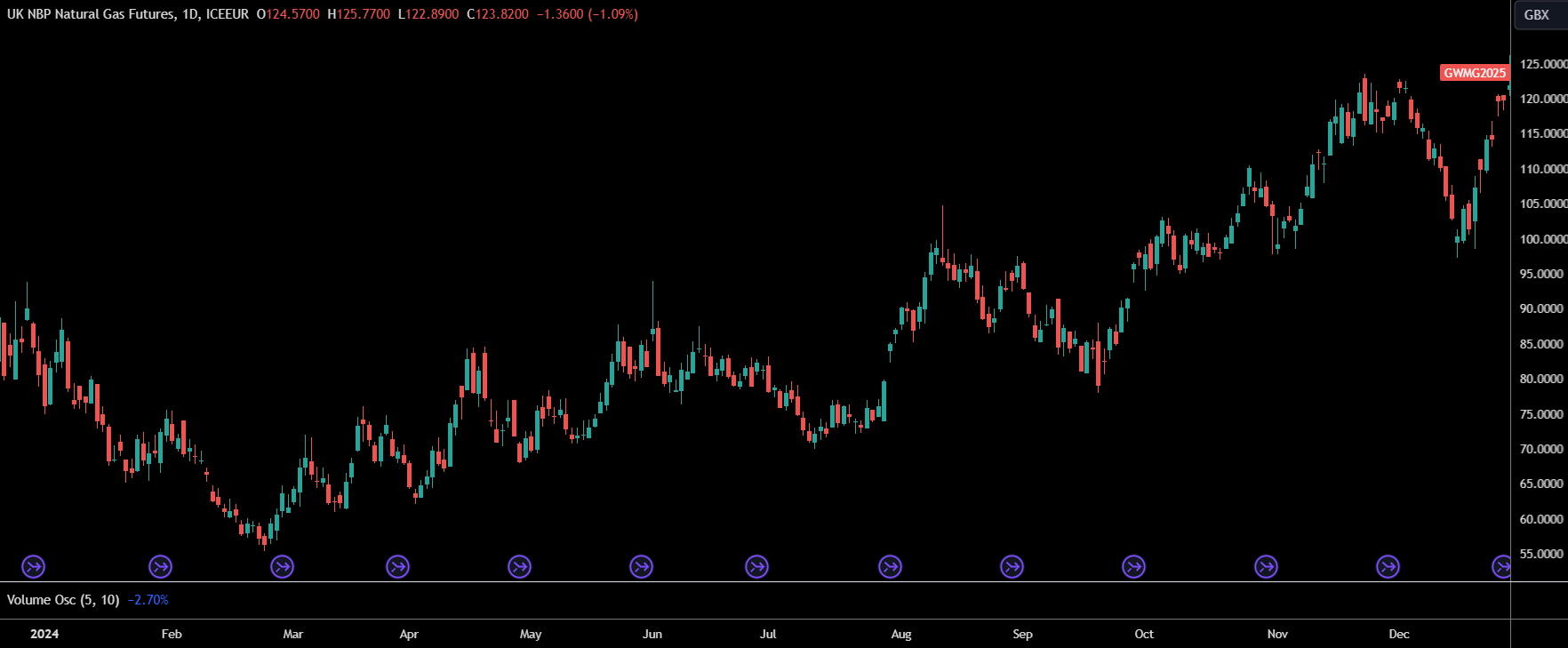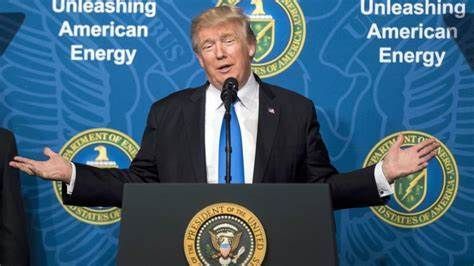September 2024 Review
September Review
By Adam Novakovic
September was a rollercoaster month for UK energy prices. In the wholesale market, prices dropped 20% from the start of the month through to the 19th, only to then rise over the final 11 days of September -- undoing much of the previous work. In this article, we will review the factors behind these moves.
As mentioned in previous months, the resumption of Norwegian gas production was always set to be a boost to the markets. At the start of the month, Norwegian supplies resumed. This, coupled with the healthy reserve levels, led the markets to believe concerns on the supply-side were overstated, and this caused prices to drop.
There were some temporary increases in demand as the UK entered a cold snap a couple of weeks into September, but this was a minor speed bump in the path of the descending energy prices.
One of the main fears surrounding energy supply is that no deal has yet been agreed to suitably replace the Russian gas that will cease being delivered when its contract terminates at the end of 2024. So, it was a big boost when news began to circulate that Ukraine and Azerbaijan had reached a deal where Ukraine would deliver Azerbaijani gas to mainland Europe. Prices continued to sink further as news spread, and this was seen as beneficial to the supply of gas throughout the continent.
However, the Ukrainian news outlet that first broke the news was forced to issue a retraction as the Azerbaijani energy ministry denied the story and Ukrainian government sources clarified that no such deal was in place. This caused prices to rise sharply as the markets now had a renewed focus on the hole that may be left in the supply-side picture when Russia’s deal with Europe reaches its conclusion.
A further catalyst for rising prices then came from the Middle East. While it appeared many Arab nations had been keen to pursue a peace deal, any hopes of conflicts subsiding quickly were ended with Israeli operations targeting Iran and Lebanon. It now seems inevitable that the conflict will spread and escalate during the coming months, and the shipping of LNG to Europe will almost certainly be impacted. Whilst it is impossible to accurately predict how geopolitical events will play out, this does seem likely to be a continued source of energy price rises for the foreseeable future.
During September, it was revealed that the UK has the highest energy prices of all industrialised nations, more than double the per unit cost of Portugal and more than 3 times the cost of some Scandinavian nations.
In not-unrelated news, OFGEM announced that UK energy debt has now reached £3.7bn, with energy debt having grown by 50% in the previous year.
For many businesses, energy spend is an increasingly large concern that has no obvious solution. If you would like to discover ways to reduce your energy spend, or ensure you aren’t paying any more than necessary, visit www.seemoreenergy.co.uk or feel free to contact me at adam@seemoreenergy.co.uk.
Outlook
Even though the month has ended with sharply rising prices and growing fears surrounding energy supply, the outlook isn’t all doom and gloom.
Initial long-term weather forecasts have shown that – while this winter may be colder than the previous year – it is anticipated to be milder than the average winter. With reserve levels looking healthy and Norwegian gas supply resumed, there doesn’t appear to be any need for fearmongering.
While prices may be set to go higher on the news of further conflicts, there are reasons to be optimistic about the direction of energy prices beyond the coming winter. In 2025 we should see more LNG available to the market as new supplies (particularly in the US and Qatar) come online. And, whilst there may have been a false-start this month, any positive news regarding the replacing of Russian gas flows would also have the potential to significantly lower prices.
If your business requires advice with its energy procurement, management, or planning, then don’t hesitate to contact Seemore Energy to speak to experienced advisors who can help you with bespoke strategies and advice that is tailored to your needs.










